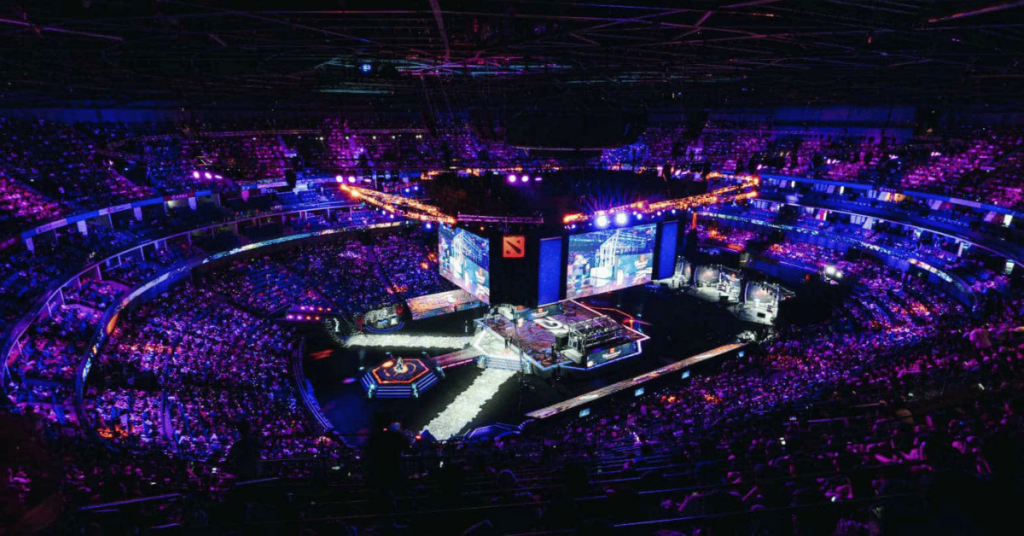
The Case for Adding Esports to the Olympics
A Global Phenomenon: Esports has a universal appeal, with millions of fans scattered across the globe. By joining the Olympic family, it could introduce new audiences to the Games.
The Youth Connection: The International Olympic Committee (IOC) has been trying to attract younger viewers, and esports could be the golden ticket. The age demographic of esports fans aligns perfectly with this goal.
Revenue and Sponsorships: Esports events already rake in significant sponsorships and investments. Making it an Olympic sport could open up new revenue streams for both esports and the Olympics.
Legitimacy Boost: Recognition by the Olympic committee would validate esports as a true sport and potentially lead to better funding and support for budding esports athletes.
The Case Against Adding Esports to the Olympics:
Game Selection Woes: Picking which esports games to include is a challenge. The ever-shifting landscape of popular titles and a vast array of game rules and communities make standardization a headache.
Physical vs. Digital: The Olympics have traditionally celebrated physical prowess. Esports, existing in the virtual realm, might seem like an odd fit to some, breaking away from that core Olympic tradition.
What’s at Stake if Esports Joins the Olympics:
Connecting with the Young: Esports inclusion might open the door to a new generation of Olympic fans, but it could also push the Olympics to adapt to the tastes and expectations of this tech-savvy crowd.
Tech Integration: If esports does enter the Olympics, the organizers will need to ensure they have the technology and security in place to support online competitions in a big way.
Impact on Traditional Sports: Critics argue that esports might divert resources and attention away from traditional Olympic sports, potentially affecting their growth and development.
Recognizing Digital Culture: Esports joining the Olympic family would symbolize the acceptance of digital culture as a legitimate part of the global sporting community, showing that times are changing.
In Conclusion:
The debate over adding esports to the Olympics is anything but straightforward. It reflects the complexity of the esports world.
While there are compelling arguments both for and against, the ultimate decision rests with the International Olympic Committee.
Their choice will not only impact the world of esports but may also redefine the Olympics to cater to the interests and tastes of a new generation.
As the discussion continues, we eagerly await to see if esports will one day share the world stage with traditional sports in the Olympic Games.

